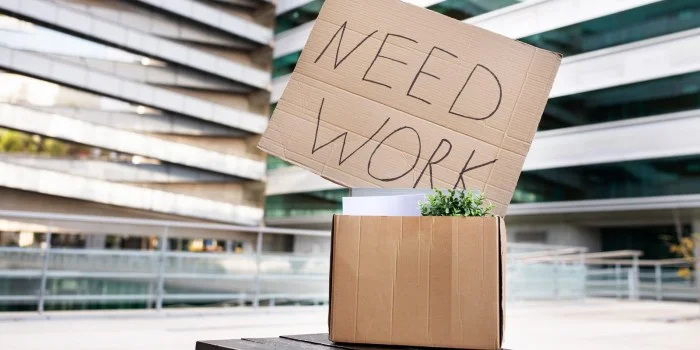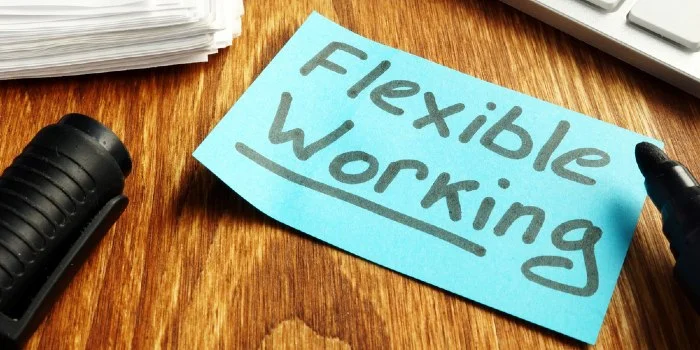Last week, Rishi Sunak announced a cost of living package to support people with rising food and energy prices, but he has offered no support for small businesses.
In recent weeks and months, small businesses have called for an emergency budget to help with rising costs. But when the Chancellor announced his cost of living package, no support for small and medium businesses was forthcoming.
Businesses and industry bodies were hoping for help with business energy bills, the postponement of the National Insurance Contribution rise and the return of free tests for small businesses. But none of this has materialised.
Instead, the Chancellor has announced a windfall tax on energy firms, which will fund financial support for households to deal with rising energy bills.
How Small Businesses Will Cope With No Support
The Federation of Small Businesses (FSB) has warned that almost 500,000 small UK businesses are at risk of going out of business within weeks.
While the industry body welcomed the £15bn cost of living package, it said that including no support for small businesses could lead to hundreds of thousands of businesses failing. Which will also lead to numerous people losing their jobs.
They [small businesses] are facing something like twice the rate of inflation for their production prices, and it’s a ticking timebomb. They have got literally weeks left before they run out of cash and that will mean hundreds of thousands of businesses, and lots of people losing their jobs.
Martin McTague, Chairman of the FSB
According to figures by the Office of National Statistics (ONS), 40% of small UK businesses have not got enough cash left to support the running of their business for more than three months.
Many small businesses have already been forced to put up prices to cope with rising costs. However, according to the Barclay’s SME Barometer, over a quarter of businesses surveyed are concerned that rising prices will make them less competitive.
And while the help announced in the cost of living package will ease the pressure on household budgets somewhat. The majority of households will only receive a £400 grant to help with energy bills this autumn.
But it is predicted that energy bills will go up by £800 per household in October. This might not be enough for people to increase their spending. Especially given the uncertainty created by reports that inflation is expected to exceed 10% by the end of this year.
So it is no wonder that Barclay’s SME Barometer shows that almost half of businesses are pessimistic about the outlook for the UK economy. And two-fifths say the current business environment is unstable.
Long-Term Impact Of Rising Costs
With many businesses still recovering from the effects of the pandemic and Brexit, it is difficult to see how businesses can recover in the long-term with no support from the Government.
Three-quarters of SMEs have reported to Barclay’s survey that they are worried about the long-term impact of the cost of living crisis, rising energy bills and record high inflation on their business.
As if rising costs are not bad enough, we also currently have a tight labour market. With many businesses, across sectors, unable to fill roles that are vital for their business operations.
This means businesses have to offer better pay packages to attract the employees they need, which will put further pressure on budgets.
Given that 95% of UK businesses fall into the SME category, it is astounding that there is no support for them from the Government.
The UK economy’s recovery will rely on these SMEs to not only survive but to thrive.
Silver Lining
While no support was forthcoming from the Government, the upcoming four-day bank holiday to celebrate the Queen’s Platinum Jubilee, will give small businesses something to be happy about.
As they expect that during this break, sales will rise, as people spend money to celebrate and purchase souvenirs of this momentous occasion.
Small business owners of pubs, bars and restaurants hope for sales worth £76m on Thursday and Friday. With Barclay’s survey reporting that SMEs expect that the celebrations will increase their revenue.
With six out of 10 small businesses predicting their sales to increase by 10% during April and June compared to the previous year, thanks to the Jubilee. And the hospitality and leisure sector is expected to have a 35% higher revenue than last year.
Further good news has been announced by the Chancellor on 18 May at a dinner of the Confederation of British Industry (CBI). Where he pledged to include business tax cuts in the coming Autumn Budget.
We need you to invest more, train more and innovate more. And as I’ve said previously, our firm plan is to reduce and reform your taxes to encourage you to do all those things.
Rishi Sunak, Chancellor of the Exchequer
So, while the Government has decided that no support is available for small businesses at the moment, the Treasury is planning to alleviate the pressures on SMEs later in the year. However, if that will be soon enough, only time will tell.






